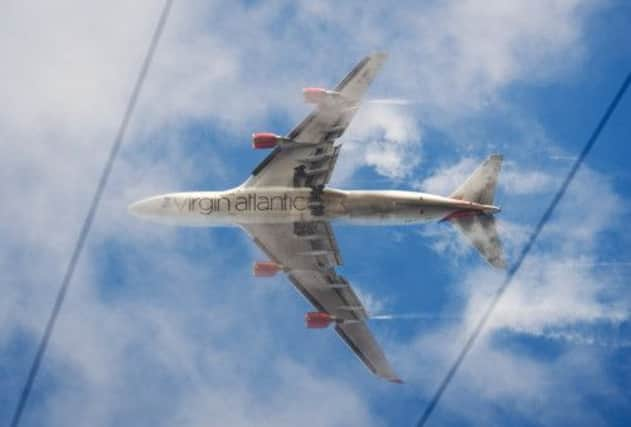Virgin’s Little Red passengers shun onward flights


Early indications were that more passengers on flights from Manchester to Heathrow were flying on to other destinations, but three in four of those flying from Aberdeen and Edinburgh were remaining in the UK.
The new services, launched at the end of March and early April, replaced flights operated by Bmi following its take-over by British Airways and gave Virgin key slots at Heathrow where it hoped passengers would opt for onward journeys.
Advertisement
Hide AdAdvertisement
Hide AdBut Virgin said 27 per cent of passengers using its newly-launched Little Red service were connecting to long-haul services.
A spokeswoman said the carrier is picking up a lot of connecting leisure passengers from Manchester, while travellers from Aberdeen and Edinburgh were tending to end their journeys in London.
However, she said services from Aberdeen were proving popular among those working in the oil and gas sector who wanted to connect to onwards flights across Africa and the US.
She said: “It takes time for an airline to get going – after six weeks it’s still in its infancy, and we’re seeing some healthy loads, especially from Edinburgh.
“We’re also seeing a lot more than we expected in terms of weekend breaks, particularly from Aberdeen.”
The figures emerged as Virgin Atlantic said tough economic conditions over the last year and lower demand for business travel caused by the London Olympics dragged it to a wider annual loss. The airline, founded by Sir Richard Branson, reported a loss of £93 million for the year to the end of February, 16 per cent worse than the £80m loss a year earlier.